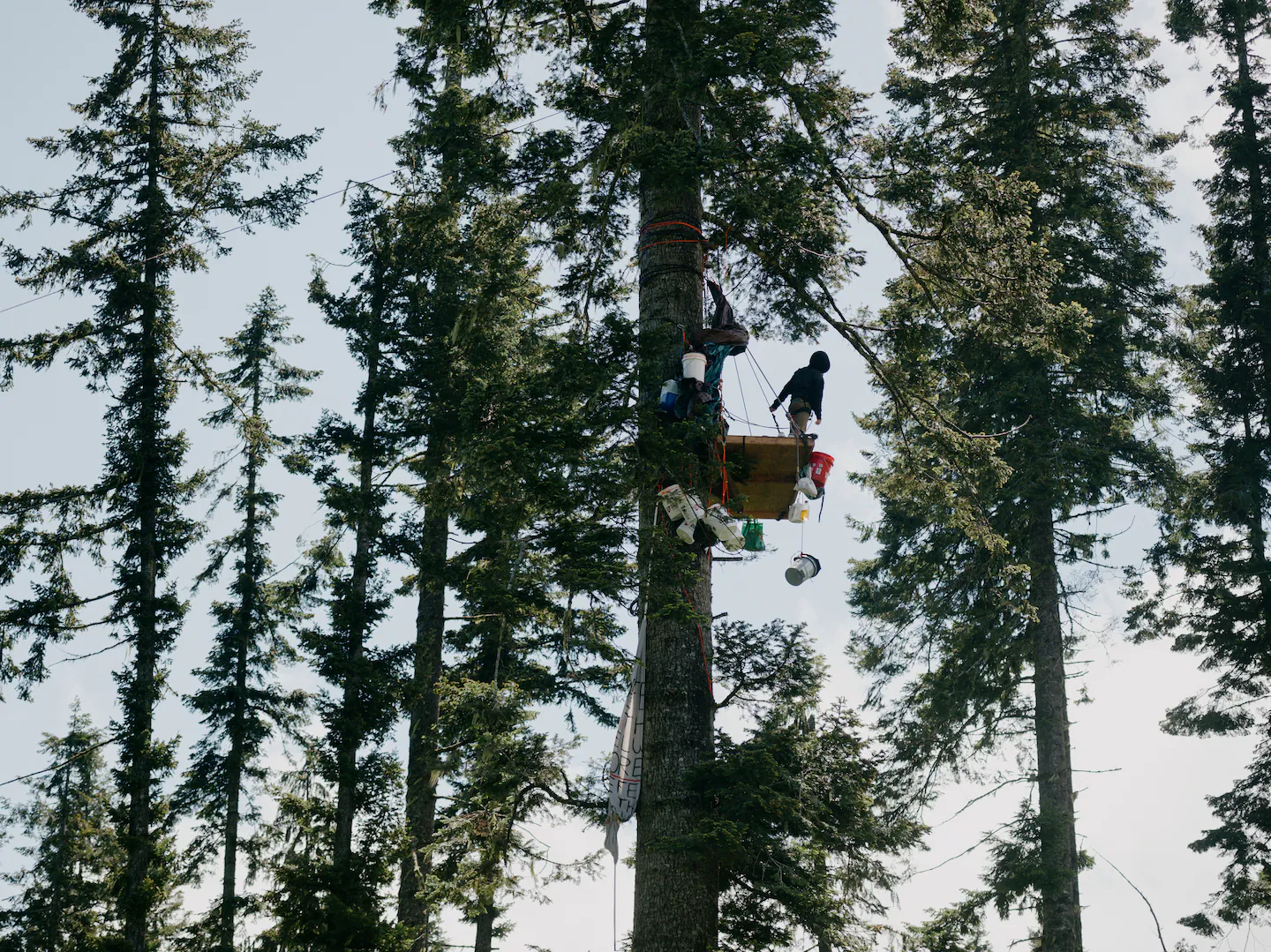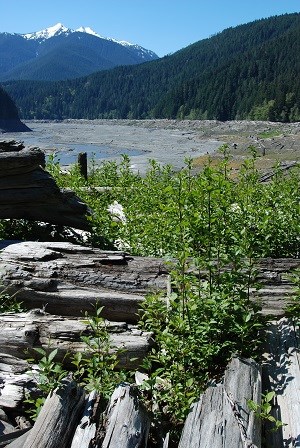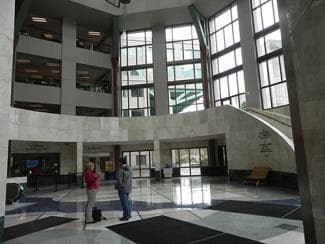At the edge of the Aldwell clearcut above the Elwha River, the devastation is undeniable. The Murphy Company’s industrial logging has ravaged a once-thriving ecosystem, leaving behind hacked stumps and slash piles meant for burning. The contrast with the lush, mature Elwha legacy forests nearby serves as a painful reminder of what has been lost. Here, the ancient trees of the watershed once provided habitat for wildlife and sustenance for the Lower Elwha Klallam tribe, whose ancestral connection to these lands has been disrupted by relentless exploitation.
Tribal Voices Resound Against Logging
The Lower Elwha Klallam tribe has been vocal against this logging, with over half of its members signing a petition that condemns the state’s Department of Natural Resources (DNR) for auctioning off these sacred lands. The petition states, "We do not understand a way of thinking that would spend hundreds of millions on Elwha River restoration but continue to industrially log in that same watershed." This reflects an urgent call for respect, reciprocity, and accountability in environmental stewardship.
Logging Threatens Restoration Achievements
After the successful removal of the Elwha and Glines Canyon dams, which had blocked salmon passage for over a century, the ecosystem has shown remarkable signs of recovery. According to the U.S. National Park Service, the dam removals have revitalized salmon populations, an essential food source for both the tribe and the orca whales of the Salish Sea. Yet, the logging plans threaten to undo this progress. Environmentalists argue that cutting down mature forests will compromise the carbon storage capacity and biodiversity critical to sustaining these newly restored ecosystems.

A logging protest in the treetops ends in terror, activists ...
Legal Battles and Community Resistance
In response to the logging threat, environmental groups have filed lawsuits against the DNR, accusing them of neglecting their own policies regarding the protection of old-growth forests. The Earth Law Center has partnered with the Orca Network and the Legacy Forest Defense Coalition to challenge the legality of the logging auctions, arguing that the DNR has failed to adequately assess the environmental impact of the proposed logging. The ramifications are dire: over 300 acres of mature forest could be lost, along with the stability of the watershed that feeds the Elwha River.
Direct Action Against State Violence
Amidst the escalating tensions, the Olympic Forest Defenders (OFD) launched a tree-sit to block access to the Parched timber site. For over a month, they faced threats and intimidation from law enforcement and vigilantes, leading them to evacuate for safety. Despite the violence, their resolve has not wavered. “Our commitment to defend the forests and waters of the Olympic Peninsula remains strong,” read a statement from the OFD. The police"s violent crackdown on peaceful protesters highlights the broader state-sponsored repression of ecological activism.

Restoration and Current Research - Olympic National Park ...
The Clash of Interests in Environmental Policy
Newly elected Public Lands Commissioner Dave Upthegrove pledged to protect legacy forests but has faced criticism for prioritizing logging sales approved before his tenure. His commitment to uphold existing sales, despite community outcry, raises questions about the integrity of his stance on environmental protection. As Elizabeth Dunne from the Elwha Legacy Forest Coalition noted, “The Elwha River is really speaking for many of these ecosystems that are suffering at the hands of over-extraction and exploitation for profit.” The ongoing legal battles and grassroots resistance exemplify the urgent struggle for justice in environmental policy.



![[Video] Mount Etna erupts in Sicily, lava reaches 400 meters, yellow alert issued](/_next/image?url=%2Fapi%2Fimage%2Fthumbnails%2Fthumbnail-1766917884234-2sqn18-thumbnail.jpg&w=3840&q=75)
![[Video] Hawaii's Kilauea volcano erupts, fountains reach 70 ft, USGS reports](/_next/image?url=%2Fapi%2Fimage%2Fthumbnails%2Fthumbnail-1766574042820-tucull-thumbnail.jpg&w=3840&q=75)


![[Video] Gunfire between Iraqi security forces and Sadr militias in Baghdad](/_next/image?url=%2Fapi%2Fimage%2Fthumbnails%2Fthumbnail-1768343508874-4redb-thumbnail.jpg&w=3840&q=75)
